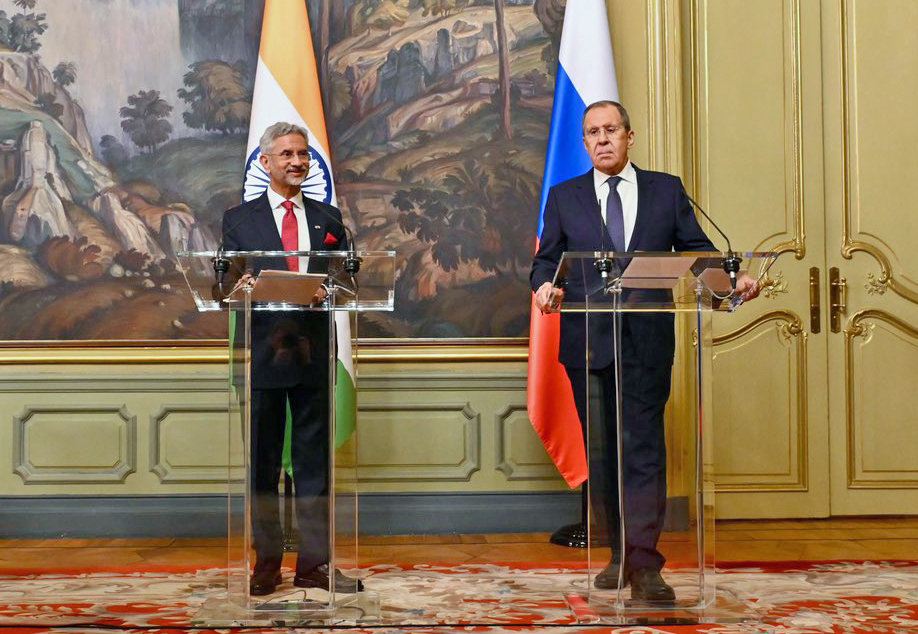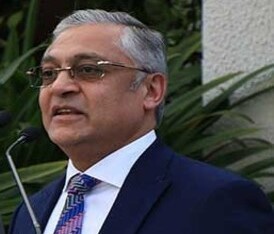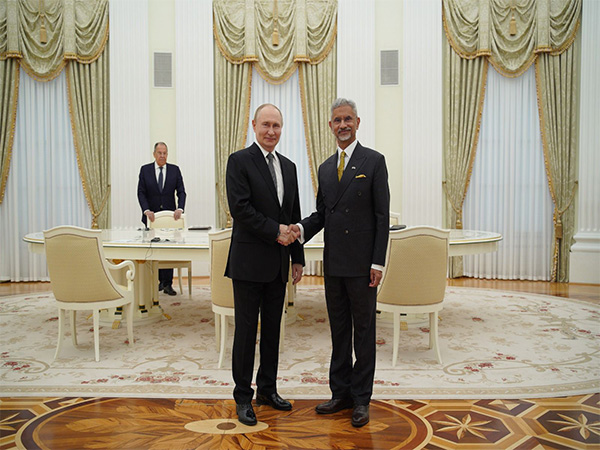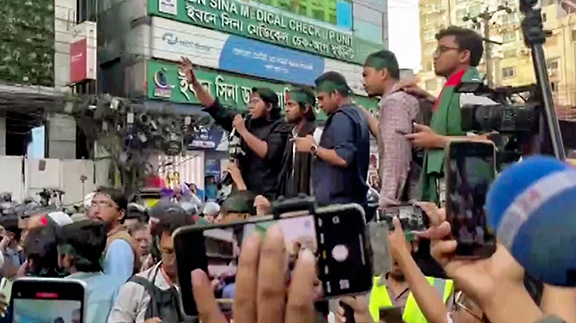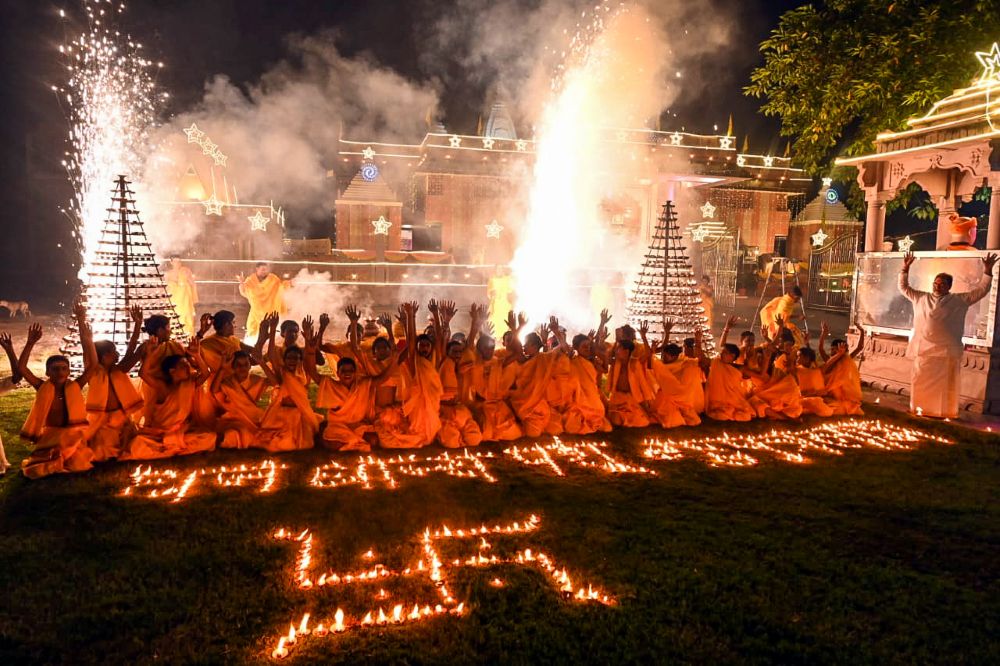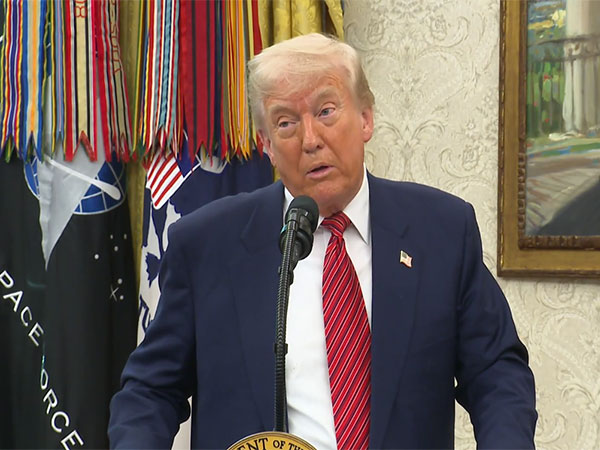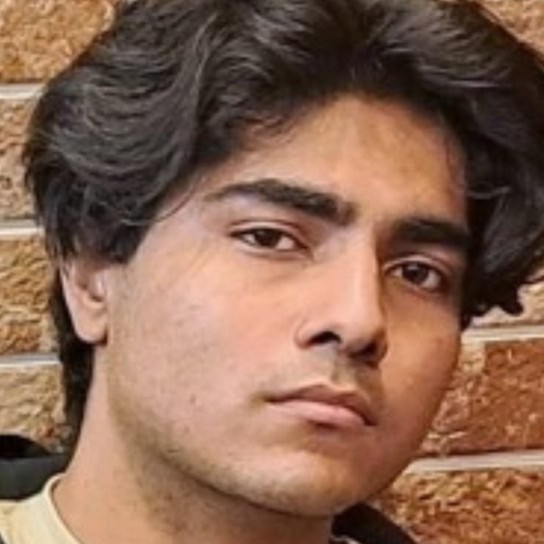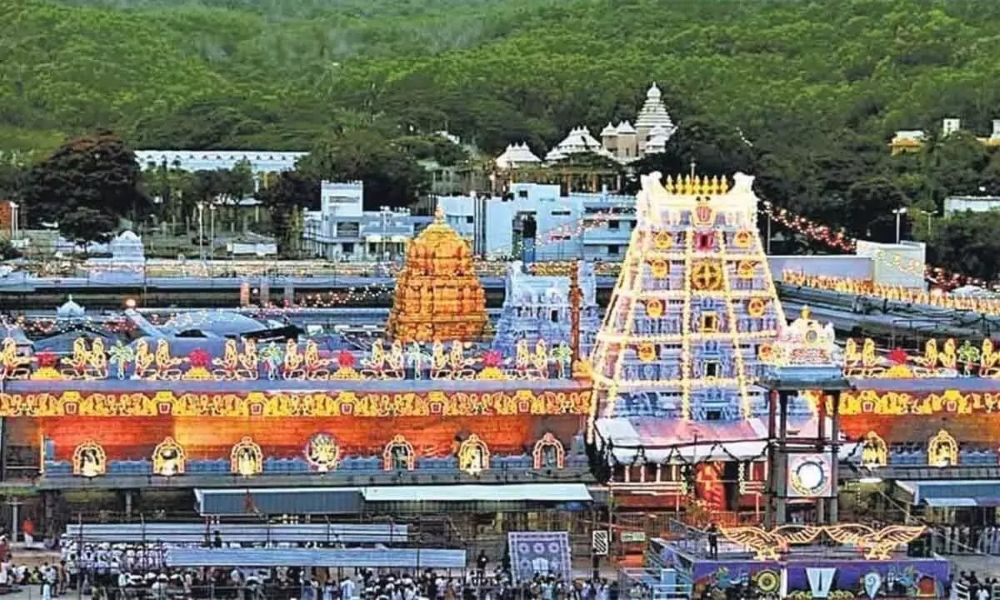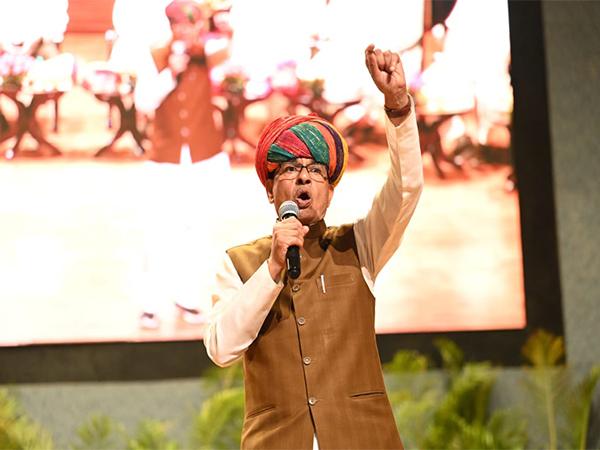China’s state-controlled Global Times says that India’s strategic thinking in “foreign policy has evolved, moving towards a great power strategy”
Our Bureau
New Delhi/Moscow/Beijing
In December, S Jaishankar travelled to Russia for a five-day visit and met Russian President Putin, Russian Foreign Minister Sergey Lavrov, Russian Deputy PM Denis Manturov. During his meeting with President Putin, he conveyed warm greetings of PM Modi and handed over a personal message. In a post on X, Jaishankar noted that he appreciated Putin’s guidance on further development on ties between India and Russia.
Describing India’s relationship with Russia as “important and steady,” External Affairs Minister S Jaishankar asserted that the ties with Moscow have proven beneficial for New Delhi. He emphasized the need for India to approach thoughtfully while dealing with other nations.
Replying to the Western media’s meltdown over his visit to Russia and the camaraderie between PM Narendra Modi and Russian President Putin, Jaishankar said, “If people can’t read me, that means my mind games are working. But the answer is honestly I see no reason that people should take any, you know what was happening other than at face value because we have always maintained that the Russia relationship is a very important one, very steady one.”
Notably, India has maintained a neutral stance on the conflict between Russia and Ukraine, advocating for dialogue and diplomacy to resolve the issues. During a meeting with President Putin in Samarkand in 2021, PM Modi emphasized, “This is not an era of war.”
In an interview, Jaishankar said, “I have written about it in my book and I mean I said it in Moscow. I said it in publicly in Moscow even before my meeting with President Putin happened which is that we value this relationship. It is relationship that has served India well.”
Putin had extended an invitation to Prime Minister Narendra Modi to visit Russia next year. “We will be glad to see our friend, Prime Minister Modi in Russia,” Vladimir Putin said during his meeting with Jaishankar. During PM Modi’s visit, “We will be able to discuss all the relevant, current issues and talk to the prospects of the Russian and Indian relationship,” Putin added.
In a meeting with Putin, EAM Jaishankar underscored the significant progress in India-Russia bilateral trade, surpassing USD 50 billion. He emphasized the potential for further growth and the need to give the trade relationship a more sustainable character.
Meanwhile, in an interesting development, China’s state-controlled Global Times has applauded India’s economic policies and diplomatic achievements over the past four years under PM Modi’s leadership in an article titled “Bharat Narrative,” highlighting that New Delhi’s strategic thinking in “foreign policy has evolved, moving towards a great power strategy.”
An article written by Zhang Jiadong, the Director of the Centre for South Asian Studies at Fudan University, Shanghai, highlighted India’s remarkable achievements over the past four years.
The article also commended India’s proactive approach to fostering a “Bharat narrative” and emphasized the nation’s strategic confidence. “In the political and cultural spheres, India has moved from emphasizing its democratic consensus with the West to highlighting the ‘Indian feature’ of democratic politics. Currently, there is even more emphasis on the Indian origins of democratic politics,” he added.
According to the author, the shift reflected India’s ambitions to escape its historical colonial shadow and position itself as a global influencer, politically and culturally.
The article by the Chinese media further lauded India’s foreign policy strategy under PM Modi, which highlighted the nation’s multi-alignment approach and bolstered ties with major global powers like the US, Japan, and Russia while displaying a nuanced stance in the Russia-Ukraine conflict.
Highlighting India’s strategic thinking in foreign policy, the article stated that it has undergone another change and is “moving towards a great power strategy”.
“Since Prime Minister Narendra Modi assumed power, he has advocated for a multi-alignment strategy, promoting India’s relations with the US, Japan, Russia and other countries and regional organizations,” Zhang stated.
The article further noted that India has always considered itself a world power.
However, it has only been less than 10 years since India shifted from multi-balancing to multi-alignment, and now it is rapidly transforming towards a strategy of becoming a pole in the multipolar world.
While concluding, Zhang said, “It appears that a transformed, stronger, and more assertive India has become a new geopolitical factor that many countries need to consider.”
















